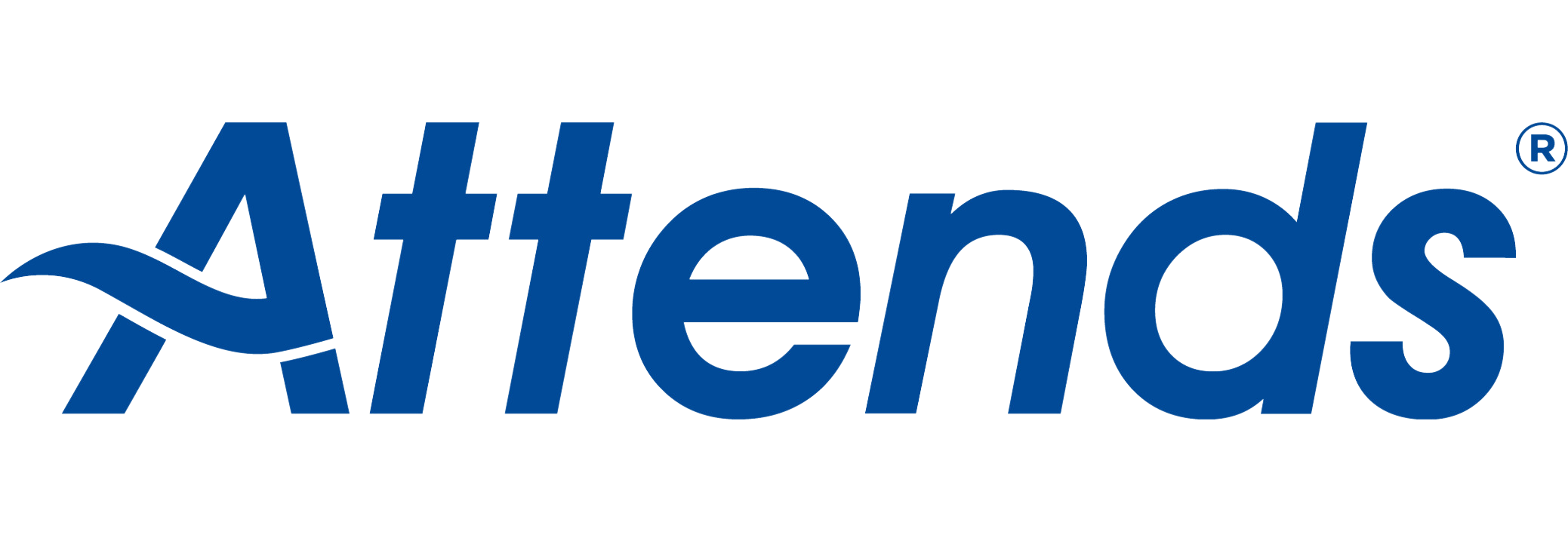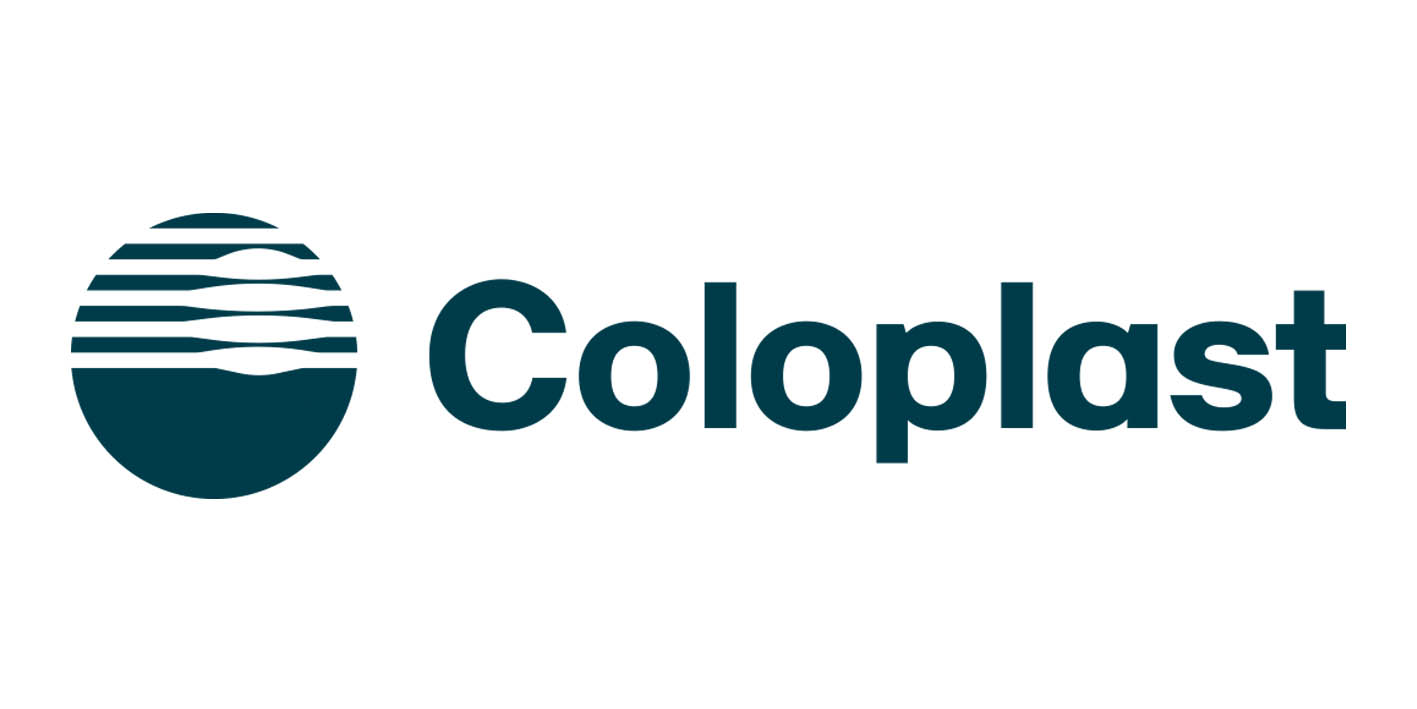The Bladder & Bowel UK
Symposium
North West 2025
Many thanks to all who attended
March 2025 Sponosrs
The Bladder & Bowel UK Symposium provides healthcare professionals with an excellent opportunity to receive relevant education from national speakers.
The event includes a brand new programme of inspirational lectures, multi-disciplinary discussions and case studies to influence best practices, together with an extensive exhibition including company representatives and charitable services.
Speaker Programme
Adult
Fiona Reid
Consultant Urogynaecologist
It’s all about choice at the cutting edge!
After the Montgomery legal case which focussed on the importance of informed consent, the Cumberlege ‘Do no harm’ report, and the NICE Guidance into urinary incontinence and pelvic organ prolapse, clinicians need to ensure women are at the centre of decisions to undergo surgery. This session will focus on the choices that are on offer.
Helen Ashby
Macmillan Colorectal Specialist Nurse
Low Anterior Resection Syndrome- a case study
Low Anterior Resection Syndrome (LARS) is a collection of bowel symptoms that can occur as a consequence of surgery for rectal cancer. Helen will explore the impact of LARS and use a case study to illustrate how to support those at risk.
Charlotte Kingston
Occupational Therapist
Female Genital Mutilation and Incontinence – More Than Just Toileting
The physiological impact of FGM on continence has been well documented in academic literature, but so much remains unexplored about women’s lived experience and the effect that FGM has on their life.
This talk will summarise the findings of our recent narrative review on the topic and outline the ways that FGM can be considered within a more holistic, biopsychosocial context.
Emma Sur
Emergency Medicine Consultant
“It’s Common as Muck” – Common bladder and bowel issues presenting to the Emergency Department
Emergency Medicine Consultant, Emma Sur, leads a discussion on the most common bladder & bowel issues presenting to the Emergency Department and potential ways to avoid admission.
Polly Weston
Clinical Lead
Working ICB wide to develop clinical pathways and service improvement
Session information coming soon.
Tracy Reed RGN
Urology Nurse
Carol Hutchings RGN
Nursing Services Manager
Care and management of nephrostomies
This talk covers the fundamentals of nephrostomy care. Attendees will gain an understanding of what a nephrostomy is and when a patient may need one. The session will explain the process of fitting a nephrostomy. By the end of the talk, participants will feel confident in managing patients with a nephrostomy, including assisting with bag changes, wound care and flushing the nephrostomy system.
Elinor Howcroft
Continence Service Lead
The Continence Quality improvement project using the Female external catheter
The aim and objective of this improvement innovation project was to introduce the Purewick, a female external catheter, trust wide as an alternative for female patients to prevent unnecessary urinary catheter insertion, incorrect pad usage and to overall reduce MASD and preventing harm such as Catheter associated urinary tract infections (CAUTI) and hospital acquired pressure ulcers (HAPUs) to patients. The Purewick has added equality to patients offering a safer option for urinary incontinences for both males and now females.
Paediatric
Claire Waters
Paediatric Bladder and Bowel Specialist Nurse
Reducing A&E attendance due to constipation
A project was introduced to provide timely follow-up for children and young people presenting to A&E with Idiopathic Chronic Constipation. Patients were reviewed in a nurse-led clinic within 2–3 working days of attendance. A streamlined pathway was implemented in A&E to ensure invasive procedures, such as enemas and hospital admissions, were only used when clinically necessary. Data collected throughout the project demonstrated a significant reduction in invasive procedures, admissions, and repeat attendances. Quality of life questionnaires revealed substantial improvements, and the project also enhanced sustainability in care delivery.
Theresa Cutts
Use of D-Mannose for urinary tract infection in children
Session information coming soon.
Charlotte Kingston
Occupational Therapist
Female Genital Mutilation and Incontinence – More Than Just Toileting
The physiological impact of FGM on continence has been well documented in academic literature, but so much remains unexplored about women’s lived experience and the effect that FGM has on their life.
This talk will summarise the findings of our recent narrative review on the topic and outline the ways that FGM can be considered within a more holistic, biopsychosocial context.
Dr Claire Jones
Senior Lecturer in the History of Medicine
Buzzers for Bedwetters: Modern Histories of Urinary Incontinence and Their Uses Today
Urine incontinence has been common to the human experience throughout history, but it was from the late nineteenth century that it came to be seen as a significant medical and moral problem in Britain. This talk will outline how and why incontinence came to be viewed this way and what doctors and others sought to do about it. It focuses on different approaches and treatments in the nineteenth and twentieth centuries, drawing parallels with approaches and treatments today. Indeed, far from suggesting that past treatments were cruel or backwards, this paper will highlight past and present continuities and thus provide historical insights useful for treating incontinence today.
Polly Weston
Clinical Lead
Working ICB wide to develop clinical pathways and service improvement
Session information coming soon.
Hayley Watson RSCN
Children’s Community Nurse
Claire Waters
Paediatric Bladder and Bowel Specialist Nurse
Reduce Invasive Clinical Intervention in A&E for Children & Young People with Idiopathic Chronic Constipation
A talk about a toileting programme developed for Hadrian School, a special needs school in Newcastle. It was identified that many children at the school experienced delayed continence, with limited targeted support available to address this issue. In response, a programme designed to support both the children and their parents, while also providing guidance to school staff was created. Hayley and Claire discuss how the project was formed, what they did and the outcomes they gained.
Dr Paula Drummond MBCHb MRCP(UK) DCH
Consultant Paediatrician
Daytime urinary incontinence
Dr. Drummond will lead an important discussion on the assessment of children who experience daytime wetting. This session will highlight key presenting conditions and provide valuable insights into effective treatment and management pathways.
Claire Ferguson
Urology Clinical Nurse Specialist
Non-pharmacological treatment of lower urinary tract symptoms
Clare Ferguson, a Registered Children’s Nurse and Advanced Clinical Nurse Specialist in Urology, brings a wealth of knowledge to her session on the non-pharmacological treatment of lower urinary tract symptoms (LUTS). With a career spanning paediatric surgical nursing and urology, Clare’s special interest is in managing bladder overactivity in children and adolescents.
* On rare occasions due to unforeseeable circumstances some topics are subject to change
Learn more about our Sponsors
Premium Sponsor ALTURiX are a dynamic pharmaceutical company who are committed to building and nurturing meaningful partnerships with their customers in the UK, and internationally.
Who can attend?
The Symposium is aimed at a wide range of healthcare professionals including specialist, urology, general, children’s and school nurses, allied healthcare professionals and those who work in residential and care homes.
How this Symposium is delivered
There will be concurrent educational streams providing delegates with the opportunity to access a broad adult and paediatric programme.
A light lunch is provided with intervals to explore an extensive exhibition including company representatives and charitable services.
Attending the symposium will contribute to NMC revalidation and CPD for other healthcare professionals. An official certificate of attendance is provided.






